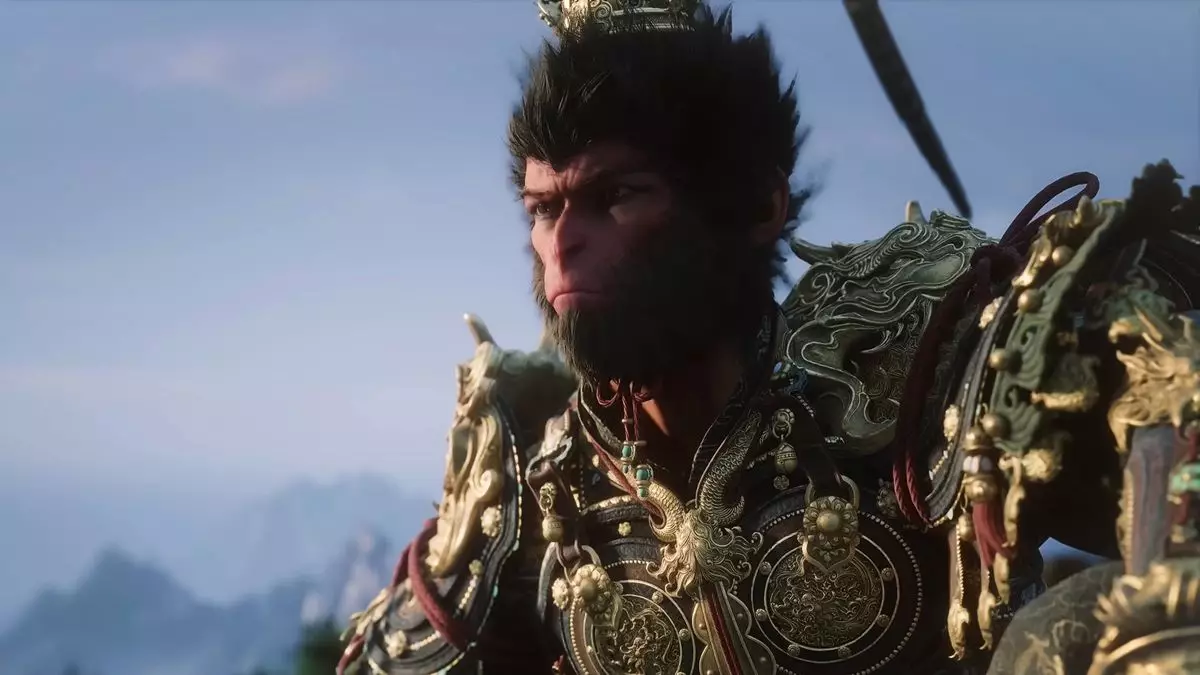As we peer into 2025, the gaming horizon is decidedly bustling. The impending releases of colossal titles like Grand Theft Auto 6 and Nintendo’s next-generation console promise to dominate discussions among casual and hardcore gamers alike. Yet, amidst this clamor for mainstream giants, a quieter revolution is brewing in the gaming community, fueled by games that defy conventional expectations. Industry experts suggest a dramatic shift in both developer focus and gamer preferences, spotlighting lesser-known titles such as Palworld and Helldivers 2 as potential breakout stars.
Shifting Preferences in Gaming Culture
Mat Piscatella, an executive director at Circana, emphasizes a notable transition within the gaming audience. While mega-hits like Minecraft and Roblox continue to attract mass engagement, a growing faction of enthusiasts seems eager to explore more niche offerings that stray from the typical formula. Piscatella’s insights shed light on a subculture of gaming where titles like Black Myth: Wukong are actually resonating with players, tapping into undiscovered markets that have been traditionally ignored by mainstream gaming narratives.
This evolution signals a more discerning and adventurous gamer profile; one that is increasingly willing to venture beyond the familiar landscapes set forth by blockbuster franchises. The success of a title like Undisputed exemplifies this trend, demonstrating how unexpected games can break into the limelight and achieve popularity—even years after less mainstream genres seemed to fall from grace.
Challenges for Underdog Titles
Despite the positive reception of these outlier titles, Piscatella expresses concern over the inherent challenges faced by underdog games in today’s saturated market. The sheer volume of anticipated releases in 2025 could overshadow worthy contenders, making it difficult for them to garner the attention needed for success. Even if smaller games are favored by passionate groups, they could still struggle to gain traction in an arena dominated by established powerhouses.
Piscatella’s remarks indicate an industry plagued by the unpredictability of consumer preferences. The traditional metrics for forecasting a game’s success are increasingly unreliable, as evidenced by the fluctuations seen in sales charts. While larger titles are anticipated to pull big numbers, the reality is that many are faltering, suggesting a disconnect between marketing expectations and player engagement.
As we approach 2025, the gaming industry stands at a crossroads marked by both excitement and uncertainty. With blockbusters poised for launch, there remains a palpable anticipation for emerging titles that may unexpectedly capture the hearts of the gaming community. With gamers increasingly looking beyond the mainstream, it appears that the future holds a diverse array of experiences—some familiar, some uncharted. This dynamic landscape invites a sense of optimism, reminding us that in gaming, surprises are just as vital as the titans that initially draw our attention.

